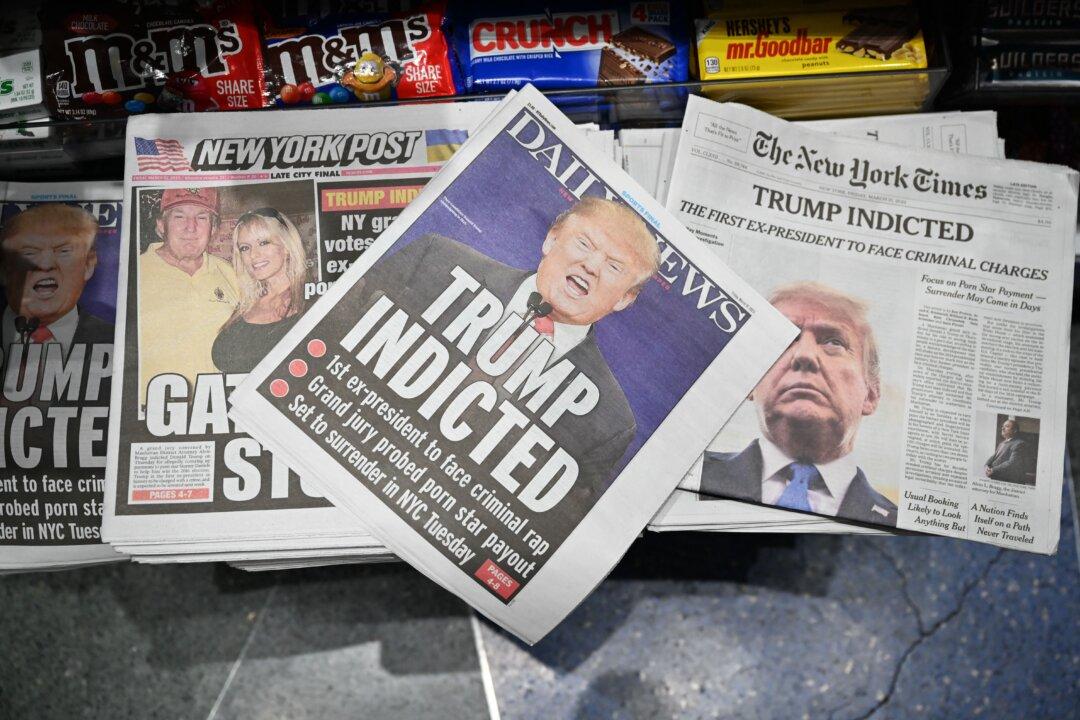Commentary
The time was 49 BC. The players were Julius Caesar and the members of Rome’s Senate. Caesar had shown himself to be one of the most gifted generals in Rome’s history: In a remarkable series of campaigns starting in 58 BC and conducted over approximately eight years, Caesar turned Gaul from a hostile territory into a pacified Roman province.





